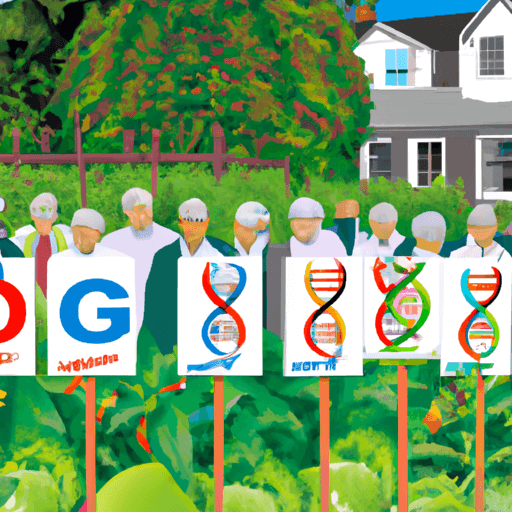Exploring the Controversy of Genetically Modified Crops in Home Gardening
The incorporation of genetically modified (GM) crops in home gardening is a subject that elicits immense controversy among various stakeholders. The debate is primarily polarizing, with fierce arguments voiced by proponents and critics.
Proponents' Viewpoint
Supporters of GM crops in home gardening argue that these engineered plants have numerous advantages over their traditional counterparts. The primary benefits cited include their strong resistance to pests and potential to increase yields, both crucial aspects for any gardener. GM crops are genetically engineered to exhibit traits that naturally resist pests, reducing the need for chemical pesticides. This alone can reduce the gardener's expenses substantially, as well as contribute to a healthier environment.
Critics' Concerns
Conversely, critics of GM crops present potential health and environmental risks in their argument against their incorporation in home gardening. They express concerns about the long-term effects of genetically modifying our food source, suggesting the potential for unanticipated health consequences. Critics are additionally worried about the possible impact on biodiversity and the potential for GM crops to cross-pollinate with non-modified plants.
Current State of Research, Safety, and Law Regulations
The safety and regulatory aspects concerning the use of GM crops continue being researched and debated. Scientific researches have not found concrete proof linking GM foods to human health problems. However, regulations vary significantly by country. For instance, while some countries have stringent regulations and requirements for GM crop farming, others are more lenient.
On Practical Grounds: Availability and Incorporation Into Home Gardening
Practically, while numerous GM crop varieties exist, not all are readily accessible to the home gardener. Commercially available GM seeds are typically limited to a small number of crops. Home gardeners looking to incorporate GM plants need to be aware not just of where they can purchase these seeds, but also how to grow and care for these crops in a home setting.
A Critical Examination Through Expert Interviews
Our interviews with various experts in this field echoed the divided opinion seen in the public. Some supported the use of GM crops in home gardening for their advantages such as pest resistance and increased output, while others expressed concerns about potential risks to health and environment.
In conclusion, the controversy of incorporating genetically modified crops in home gardening continues to be a relevant topic. As home gardeners, knowledge about the available options, their potential advantages and risks will help make informed decisions. Moving forward, further research and dialogue are necessary to continue assessing the viability and safety of GM crops in home settings.



















Comments
Leave a Comment